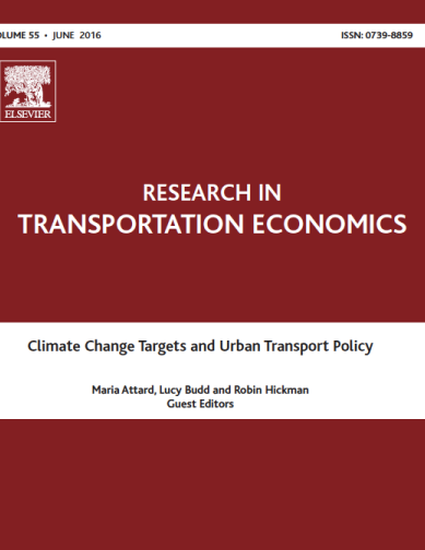
In this paper we provide a framework for evaluating public transit investment, taking account of the effects of transit investment on traffic congestion and air quality. We discuss how to assess the sustainability of transit investment and the mechanisms through which public transit investment can affect equilibrium auto travel volumes and the associated congestion and air quality outcomes. Several related issues are addressed: the differences between short-run and long-run equilibria; the role of regional heterogeneity; regulatory and policy considerations; and the potential endogeneity of transit investment when conducting empirical analyses. As the transportation policy landscape evolves and technological advancements continue, a complete evaluation of the social benefits of transit investment is essential both for allocating investment funds and for designing policies that result in an efficient level of investment and travel in the long run. Does the existing evidence bolster public transit's ‘green' reputation? Reviewing the recent empirical literature, it appears that transit can both reduce congestion and improve air quality, but the magnitudes of these benefits are uncertain and may be specific to each location.
Available at: http://works.bepress.com/justin-beaudoin/1/
